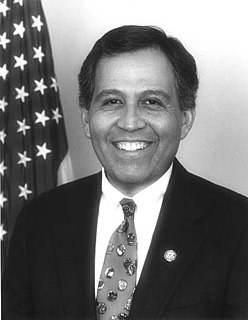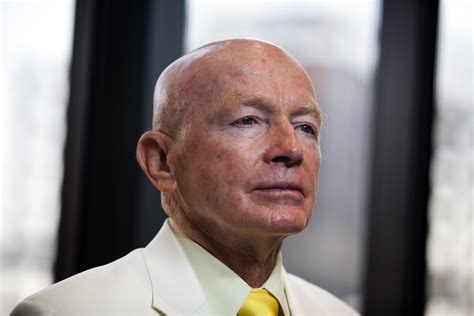A Quote by Henry Bonilla
It's difficult when you're an appointee of any administration to publicly come out and say before a crisis occurs to say that we need to do X, Y and Z to avoid a crisis, because you probably wouldn't be around very long if you did that.
Related Quotes
It seems to rise again when the crisis times come, and this is a time of most severe crisis, as we all know, not just for the history of the United States and the survival indeed of our democracy, but for the future peace of the world. And never before probably has the need for interfaith commitment been nearly as great as it is at this very moment.
Although this crisis in some ways started in the United States, it is a global crisis. We bear a substantial share of the responsibility for what has happened, but factors that made the crisis so acute and so difficult to contain lie in a broader set of global forces that built up in the years before the start of our current troubles.
Nowhere does it say that investors should strive to make every last dollar of potential profit; consideration of risk must never take a backseat to return. Conservative positioning entering a crisis is crucial: it enables one to maintain long-term oriented, clear thinking, and to focus on new opportunities while others are distracted or even forced to sell. Portfolio hedges must be in place before a crisis hits. One cannot reliably or affordably increase or replace hedges that are rolling off during a financial crisis.
To me, it has always been difficult to understand those evangelical Christians who insist upon living in the crisis as if no crisis existed. They say they serve the Lord, but they divide their days so as to leave plenty of time to play and loaf and enjoy the pleasures of the world as well. They are at ease while the world burns.


































